The African-Americans: Many Rivers to Cross
Noted Harvard scholar Henry Louis Gates, Jr. recounts the full trajectory of African-American history in his groundbreaking six-part series The African Americans: Many Rivers to Cross with Henry Louis Gates, Jr. The Marathon airs Saturday, August 28 from 10:00 a.m. to 6:00 p.m. Written and presented by Professor Gates, the series explores the evolution of the African-American people, as well as the multiplicity of cultural institutions, political strategies, and religious and social perspectives they developed — forging their own history, culture and society against unimaginable odds. Commencing with the origins of slavery in Africa, the series moves through five centuries of remarkable historic events right up to the present — when America is led by a black president, yet remains a nation deeply divided by race.
Professor Gates travels throughout the United States, taking viewers on an engaging journey through African-American history. He visits key historical sites, partakes in lively debates with some of America’s top historians and interviews living eyewitnesses — including school integration pioneers Ruby Bridges and Charlayne Hunter-Gault, former Black Panther Kathleen Neal Cleaver, former Secretary of State Colin Powell, and many more.
“The story of the African-American people is the story of the settlement and growth of America itself, a universal tale that all people should experience,” says Gates, director of the Hutchins Center for African and African American Research and Alphonse Fletcher University Professor at Harvard University. “Since my senior year in high school, when I watched Bill Cosby narrate a documentary about black history, I’ve longed to share those stories in great detail to the broadest audience possible, young and old, black and white, scholars and the general public. I believe that my colleagues and I have achieved this goal through The African Americans: Many Rivers to Cross.”
The series will take viewers across five hundred years and two continents to shed new light on the experience of being an African American. By highlighting the tragedies, triumphs and contradictions of the black experience, the series will reveal to viewers that the African-American community, which abolitionist Martin R. Delany famously described as “a nation within a nation,” has never been a uniform entity, and that its members have been actively debating their differences from their first days in this country.
Throughout the course of the series, viewers will see that the road to freedom for black people in America was not linear, but more like the course of a river, full of loops and eddies, slowing, and occasionally reversing the current of progress.
Below are brief overviews of each episode in this six-part series.
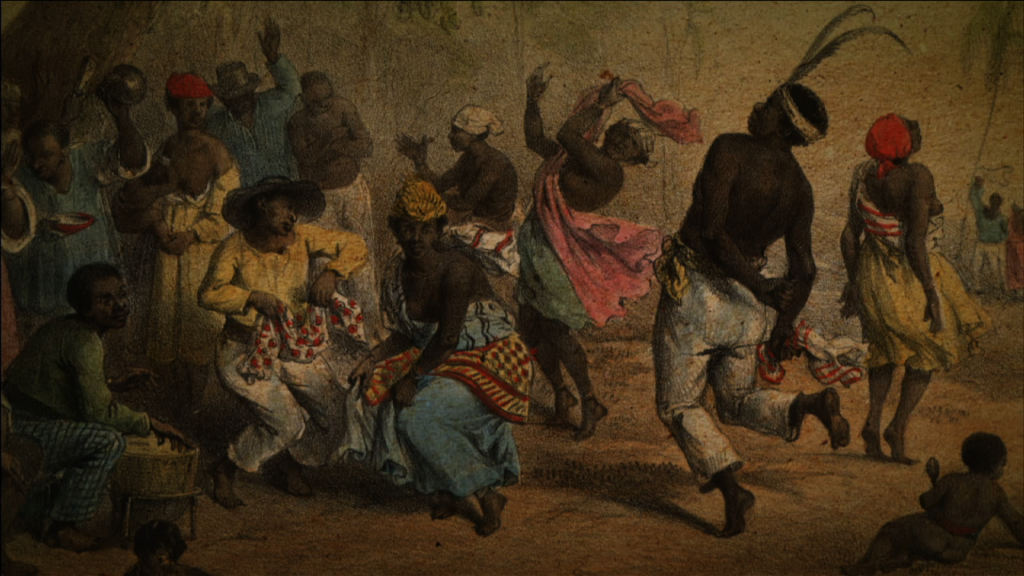
The African-Americans: Many Rivers to Cross
Episode One: The Black Atlantic (1500 – 1800)
"The Black Atlantic" explores the truly global experiences that created the African-American people. . .
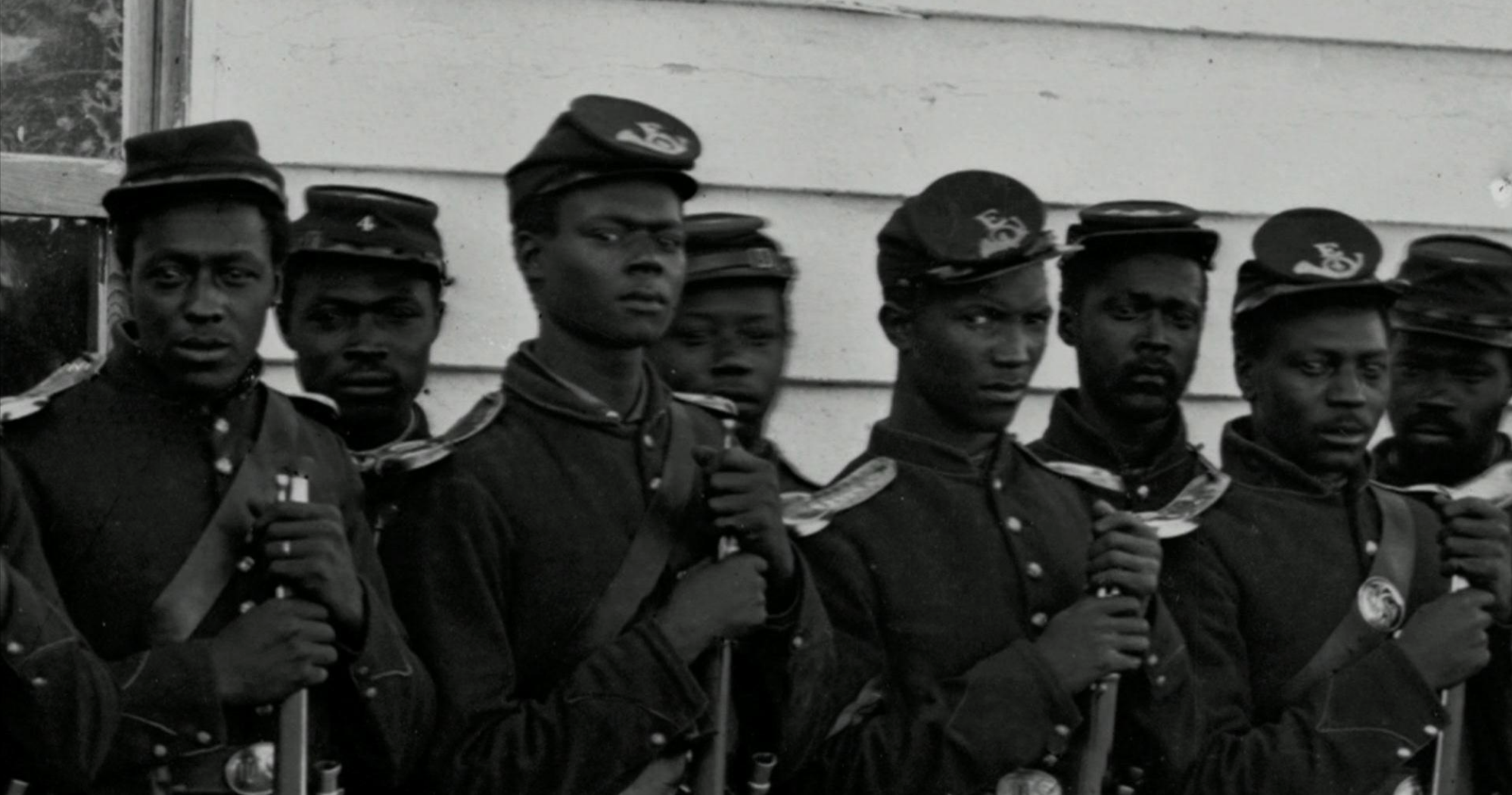
The African-Americans: Many Rivers to Cross
Episode Two: The Age of Slavery (1800 – 1860)
"The Age of Slavery" illustrates how black lives changed dramatically in the aftermath of the American Revolution. . .
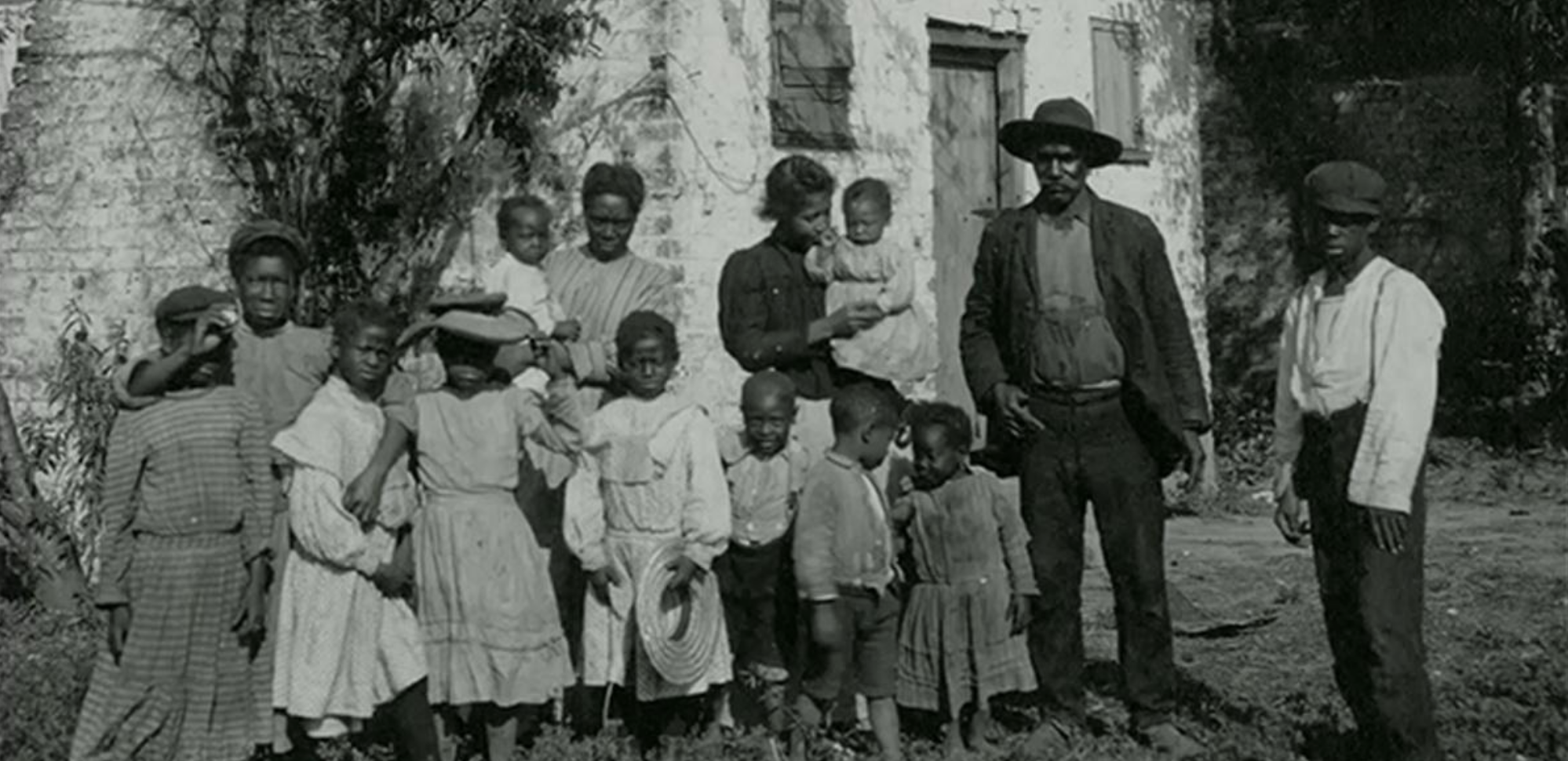
The African-Americans: Many Rivers to Cross
Episode Three: Into the Fire (1861 – 1896)
"Into the Fire" examines the most tumultuous and consequential period in African-American history: the Civil War and the end of slavery, and Reconstruction’s thrilling but tragica
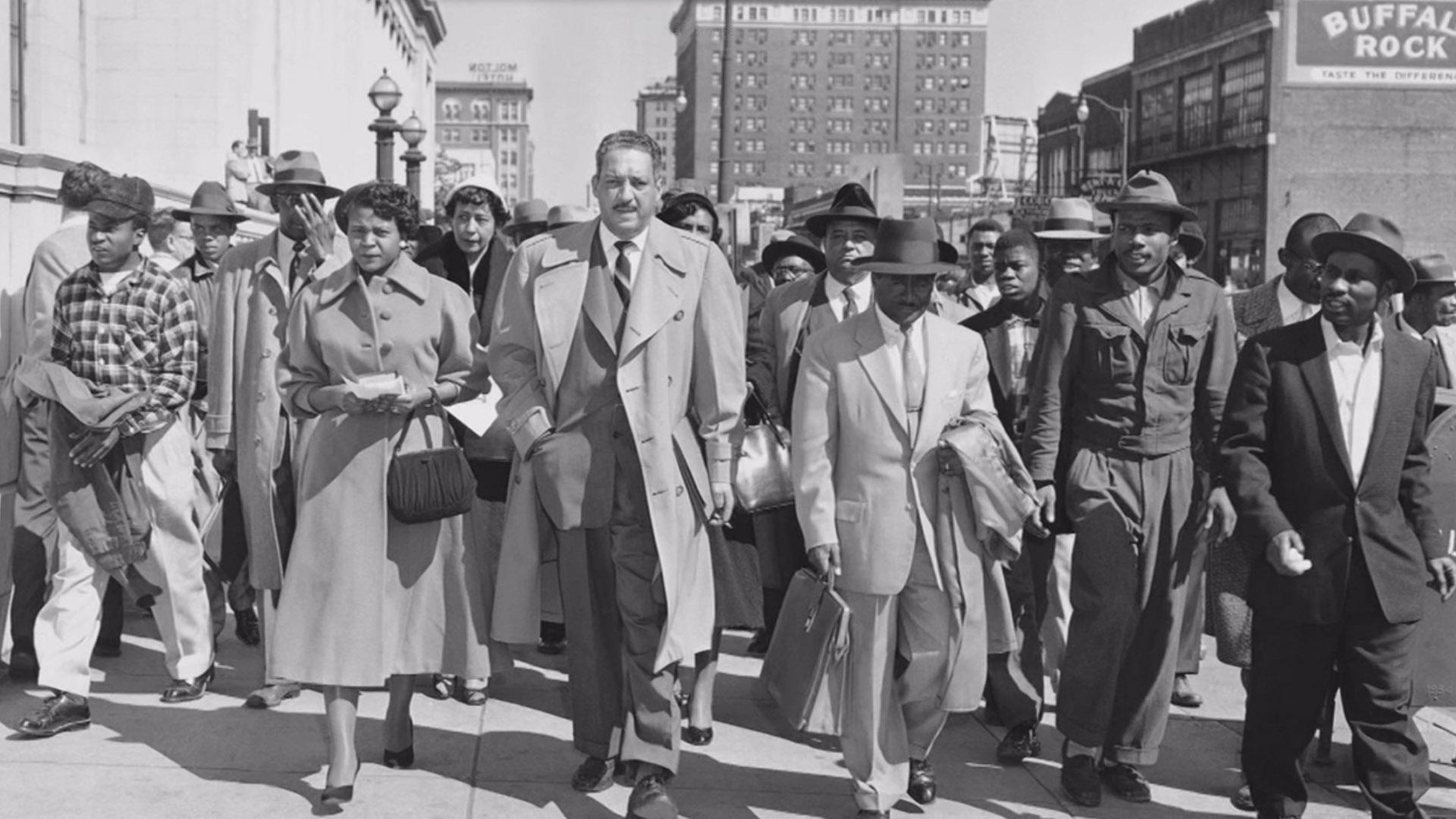
The African-Americans: Many Rivers to Cross
Episode Four: Making a Way Out of No Way (1897 – 1940)
"Making a Way Out of No Way" portrays the Jim Crow era, when African Americans struggled to build their own worlds within the harsh, narrow confines of segregation. . .
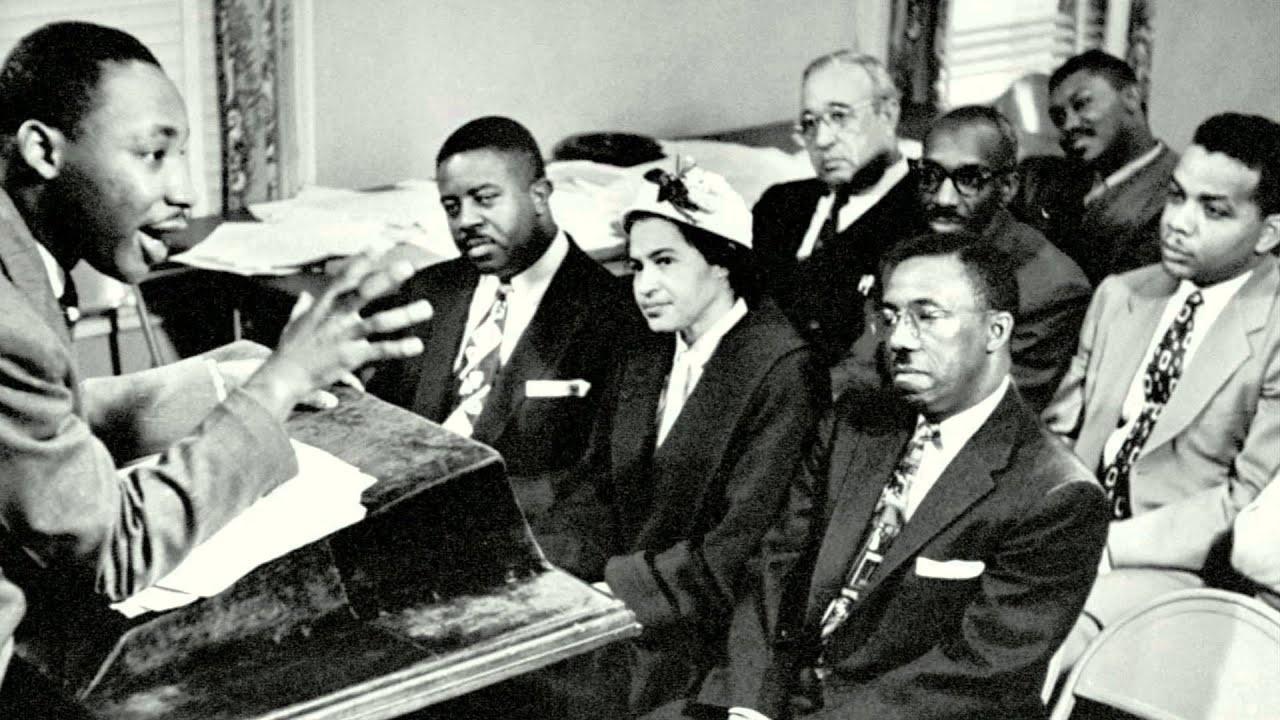
The African-Americans: Many Rivers to Cross
Episode Five: Rise! (1940 – 1968)
"Rise!" examines the long road to civil rights, when the deep contradictions in American society finally became unsustainable. . .
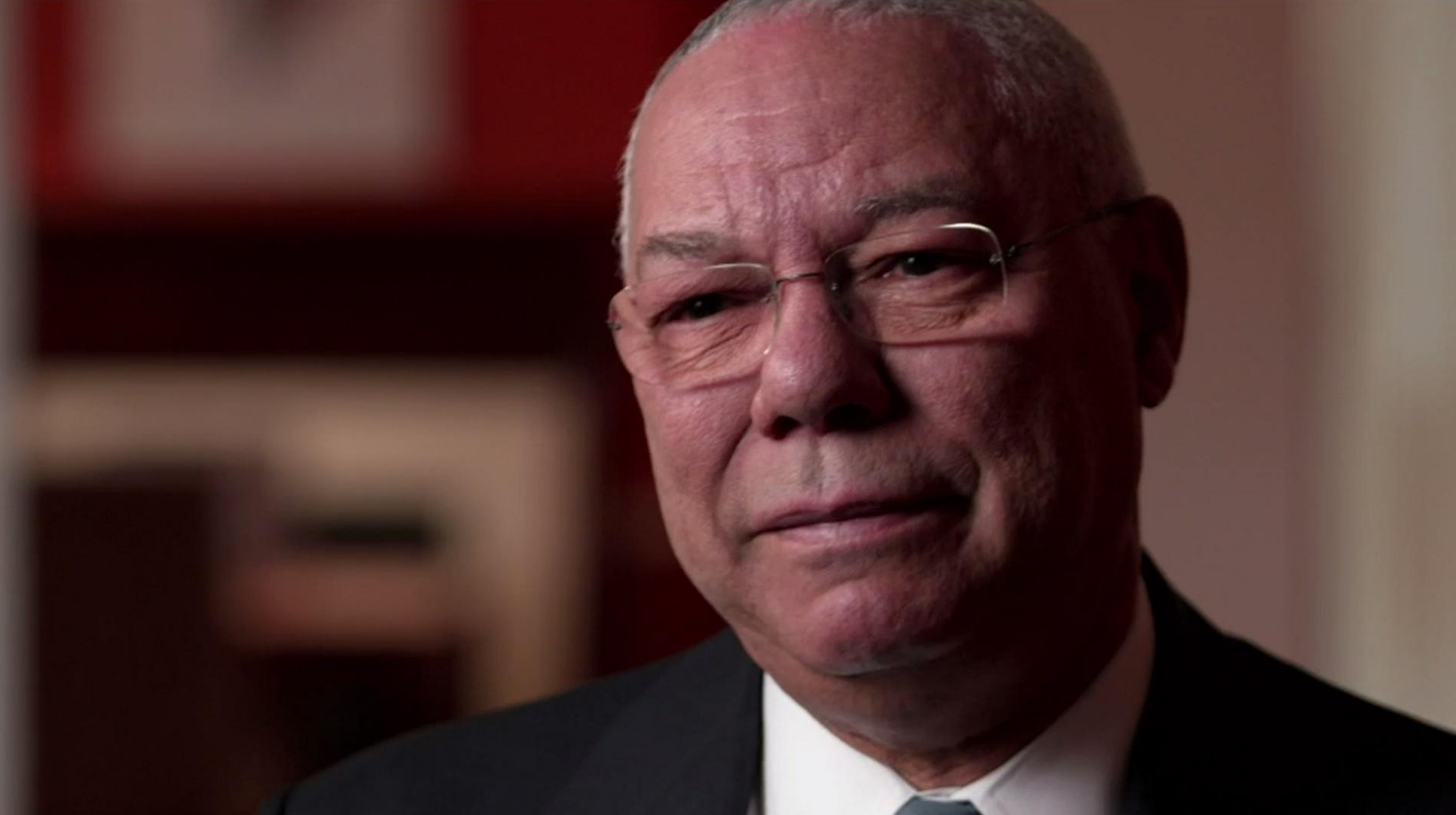
The African-Americans: Many Rivers to Cross
Episode Six: A More Perfect Union (1968 – 2013)
After 1968, African Americans set out to build a bright new future on the foundation of the civil rights movement’s victories. . .